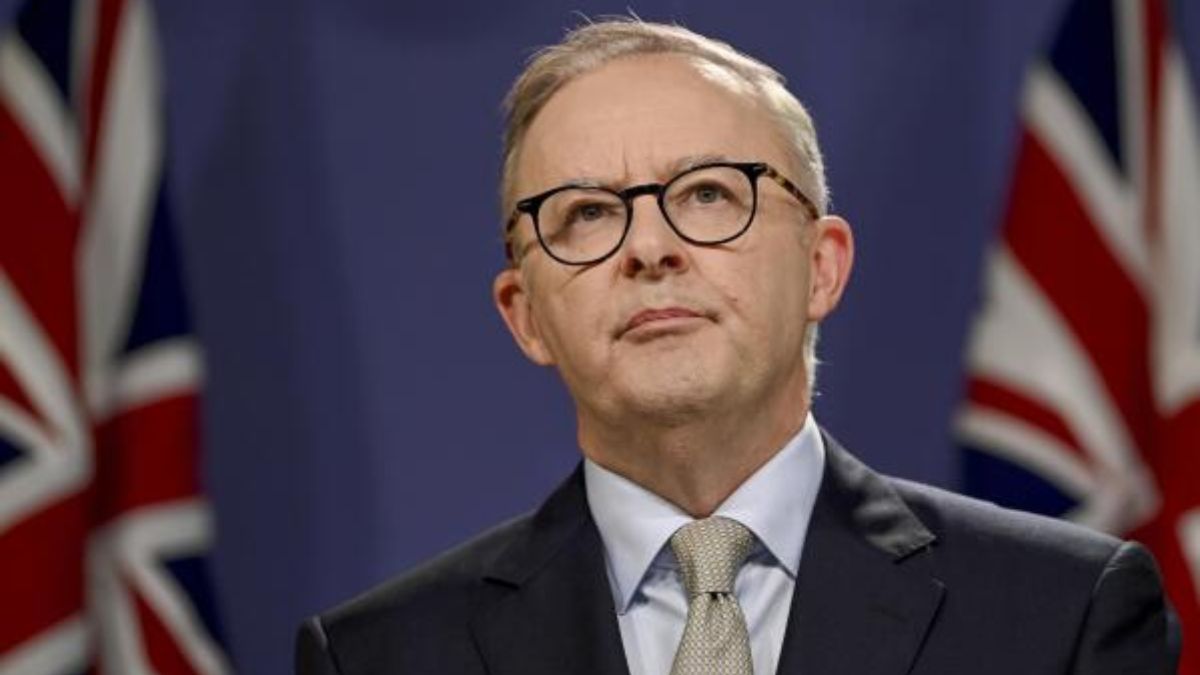Australia will hold a general election on 3 May, Prime Minister Anthony Albanese announced on Friday. Climate policies, nuclear power, and the housing crisis will be key issues in the upcoming polls.
Albanese’s centre-left Labor Party came to power in May 2022 by defeating the long-ruling conservative government. However, his popularity has declined recently as he struggles to convince Australians of his economic plans.
Albanese’s right wing rival in close race
Surveys indicate a close race between Albanese and his 54-year-old rival, Peter Dutton. A former detective, Dutton supports reducing immigration and lifting the ban on nuclear power.
“Over the last few years, the world has thrown a lot at Australia in uncertain times,” Albanese told reporters.
“Because of the strength and resilience our people have shown, Australia is turning the corner. Now, on 3 May, you choose the way forward.”
A choice between opposing climate policies
Australia now faces a stark choice between two leaders with opposing climate policies. As a major coal producer, the country is deeply divided on energy policy.
Albanese supports decarbonisation, warning that coal and iron ore exports will not sustain the economy forever. His campaign focuses on investing in renewable energy, green manufacturing, education, and healthcare under the slogan “Building Australia’s Future.”
Dutton, on the other hand, promotes a $200 billion plan to build seven large nuclear reactors. His slogan, “Getting Australia Back on Track,” reflects his push for energy security and economic stability.
Impact Shorts
More ShortsWhile inflation has dropped from 7.8% in 2022 to 2.4% in late 2024, high living costs, particularly housing, remain a major concern. Both leaders have pledged to tackle the crisis, with Sydney now ranked the second least affordable city in the world after Hong Kong.
Australian politics has long been dominated by Labor (left-leaning) and the Liberals (right-leaning), but growing voter frustration has boosted independents demanding more transparency and climate action. Polls suggest that 10 or more independents could influence the outcome, making a minority government possible.
Both major parties support a strong military alliance with the U.S., but they have taken different approaches to China.
Albanese has rebuilt ties with China, visiting Beijing in 2023—the first Australian leader to do so in seven years. The previous conservative government was highly critical of China, triggering a trade war that cost Australia billions until tensions eased last year.
)